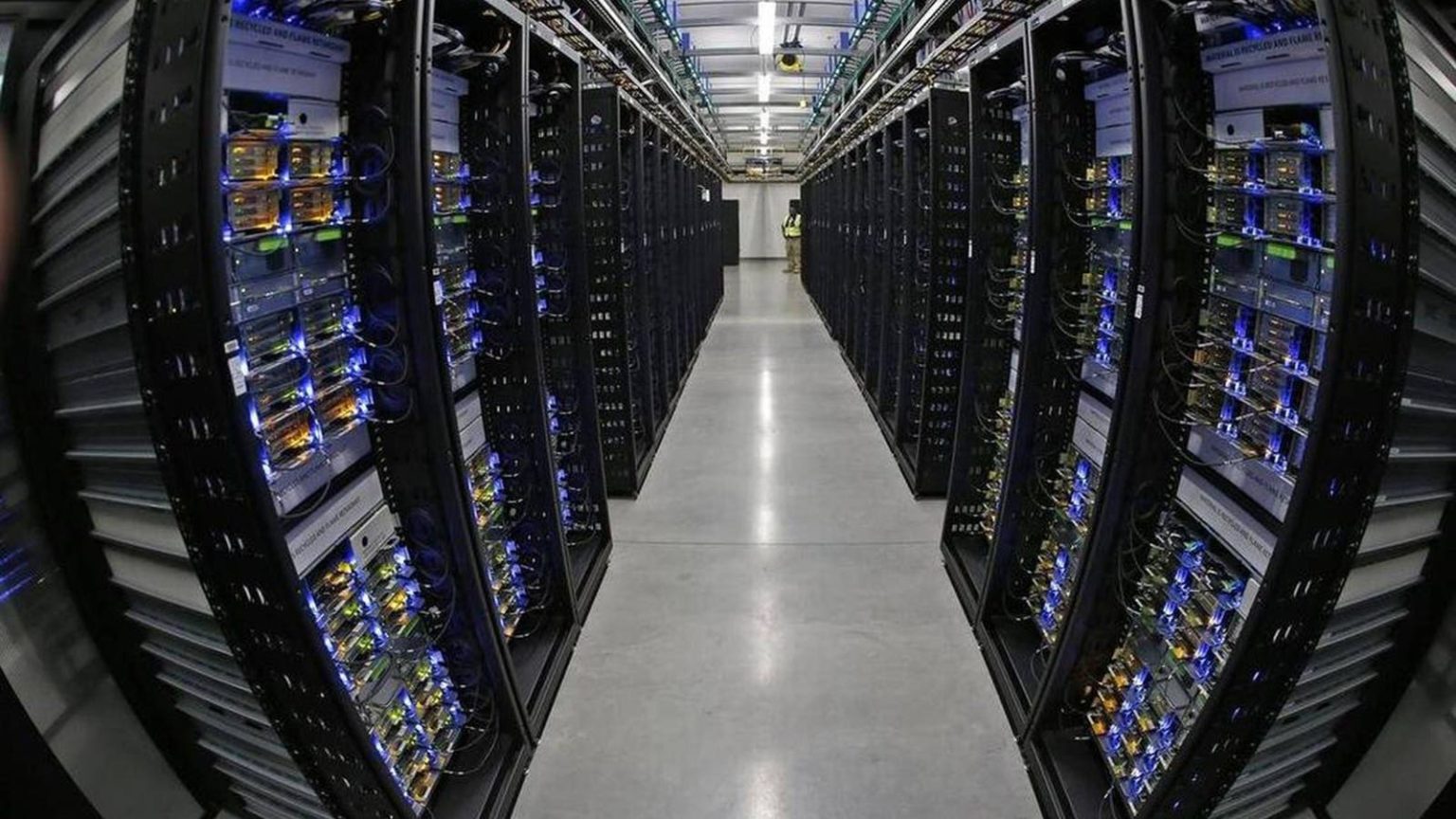The latest news in the business of sustainability highlights the significant energy and water consumption of AI platforms like Google and OpenAI, which generate content such as business communications, legal documents, jokes, and more in seconds. Estimates suggest that chat queries using generative AI may consume at least 10 times more electricity than standard Google searches, potentially equaling the energy consumption of a country the size of Ireland. This raises concerns about the environmental impact of using AI technology, as it can lead to increased carbon emissions and strain on limited renewable energy sources.
Transparency regarding the energy and water consumption of AI platforms is crucial to inform users about the environmental impact of their usage. Developers of generative AI technologies are often secretive about their energy usage and water consumption, highlighting the need for increased disclosure and accountability in the industry. By providing information on the power and water requirements of these platforms, users can make more informed decisions about their environmental footprint when utilizing AI technologies.
The disappearance of Elon Musk’s 2006 Climate Manifesto from Tesla’s website has raised questions about the tech entrepreneur’s evolving perspectives on climate change and sustainability. Musk’s vision for Tesla initially focused on promoting electric vehicles and solar power to combat climate change, but his recent statements on oil and gas industries have shifted away from his earlier stance. This change in perspective highlights the complex and evolving landscape of sustainable technology and energy solutions in the current climate.
Accelera, the cleantech arm of Cummins, is exploring hybridization as a potential solution for reducing greenhouse gas emissions in heavy-duty trucks. By combining electrification components, such as eAxles, with hybrid configurations, the company aims to increase fuel economy and lower CO2 emissions. This approach allows for incremental progress towards electrification while addressing infrastructure challenges in the transportation sector. It also provides a cost-effective option for fleets to transition towards more sustainable technologies.
In addition to hybrid trucks, advancements in renewable plastics, clean energy initiatives, and innovative solutions for reducing environmental impact, such as making hamburgers more sustainable, are gaining traction in the sustainability sector. Companies like Lego are replacing oil-based plastics with renewable alternatives, while scientists explore new methods to mitigate the environmental impact of food production. These developments underscore the growing importance of sustainable practices and policies in various industries to address climate change and reduce carbon emissions.
As the global community continues to prioritize sustainability and clean energy initiatives, companies and policymakers are exploring innovative solutions to combat climate change and promote environmental stewardship. From transitioning to renewable energy sources to reducing plastic waste and increasing energy efficiency, the sustainability landscape is evolving rapidly. By staying informed and engaged with the latest news and advancements in sustainability, individuals and organizations can contribute towards building a more sustainable and resilient future for generations to come.













